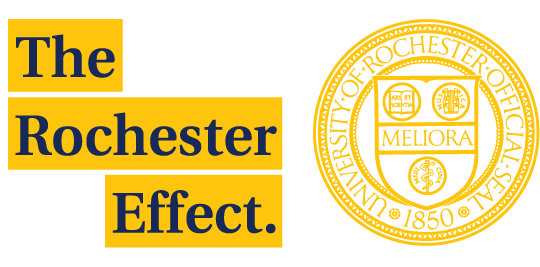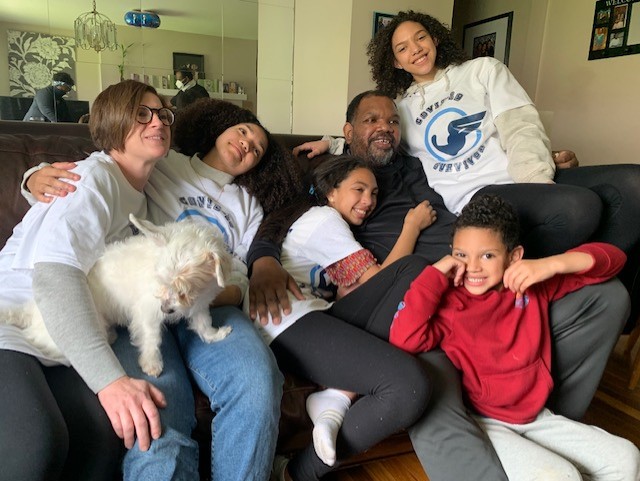
The Center
for Coronavirus
Research
As society confronts the COVID-19 pandemic, researchers have raced to develop critical tests, treatments, and vaccines, and to build related workforce, data, and community support systems.
With long-standing expertise in infectious disease, immunology, vaccine development, and population health, Rochester clinicians and scientists are at the forefront of this response. Our newly-created Center for Coronavirus Research unites these leaders in pursuit of a common goal: uncovering new ways to diagnose, treat, and even prevent COVID-19.
Key research projects include
Key research projects include
Clinical trials of vaccines developed by Pfizer/BioNTech, AstraZeneca/University of Oxford, and Moderna; a new third-dose Pfizer booster vaccine to protect against emerging variants of the virus; and a trial to examine the immune response of women who are vaccinated during pregnancy or shortly after giving birth.
Pediatric studies, including clinical trials of pediatric versions of both the Pfizer/BioNTech and Moderna vaccines, and a study showing that breastfeeding women with COVID-19 confer milk-borne antibodies to their babies and don’t transmit the virus through their milk.
A study to examine the immune response to COVID-19, to help understand when infected individuals are most contagious, how long immunity lasts after recovery, and how vaccines might boost immunity. Initial study data suggests that past colds may provide some protection from COVID-19 and that immunity to COVID-19 is likely to last a long time.
Developing new ways to test for COVID-19 and its antibodies— including a chip on a card that would detect COVID-19 antibodies in a minute—that will also improve understanding of how the disease damages human tissue.
Clinical trials of treatments. This includes testing whether convalescent plasma (from recovered patients) or monoclonal antibodies (developed in mice with genetically humanized immune systems) can prevent infection or speed recovery, as well as NIH-sponsored trials of the drugs remdesivir, an antiviral; baricitinib, an anti-inflammatory originally developed to treat rheumatoid arthritis; and ruxolitinib, for young patients with severe disease.
Community initiatives, including programs to engage diverse communities in COVID-19 research and vaccine efforts and also to collect population-based data, as part of the CDC’s effort to identify disease patterns, evaluate vaccine programs, and identify at-risk populations.
“We have the minds, the tools, and the community to help fix this crisis. Whether that’s developing a test, pursuing a clinical trial, or contributing to the public health response, that’s what we’re set up to do.”
—David J. Topham, PhD
Director, Center for Coronavirus Research;
Marie Curran Wilson and Joseph Chamberlain Wilson Professor

Rochester is on a relentless quest
Rochester is on a relentless quest
Join us.
Consider making a philanthropic gift to the Center for Coronavirus Research and/or participating in a COVID-19 research study. Your investment will help:
- Advance clinical trials, which will help identify better and safer new coronavirus vaccines, treatments, and tests.
- Provide seed funding to kickstart pilot projects, which can accelerate research and lead to major federal grants.
- Expand our research workforce, addressing the shortage of workers trained to manage clinical research studies.
- Provide the infrastructure, technology, and equipment needed to rapidly scale up research, testing volume, and community support systems.

“Jeff’s story has to be told, because you can overcome this. Families can overcome this”
—Amy Reese
Wife of Jeffrey Reese
Mr. Reese, a 46-year-old father of four and a City of Rochester employee, fought off a severe case of COVID-19 that had him on a ventilator for almost a month. After participating in URMC’s NIH sponsored trial of the drug remdesivir, he was able to make a full recovery and return home.
For more information on supporting coronavirus research at the University of Rochester, please contact Kellie Anderson at (585) 233-7748 or kellie.anderson@rochester.edu.